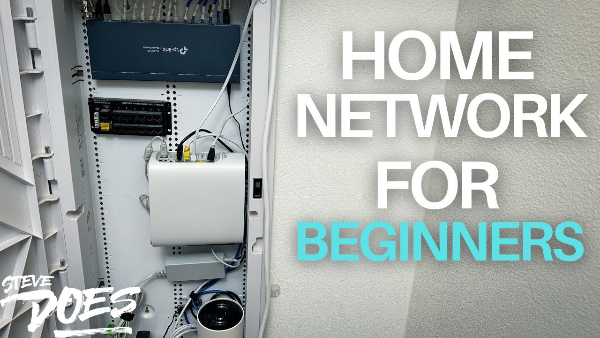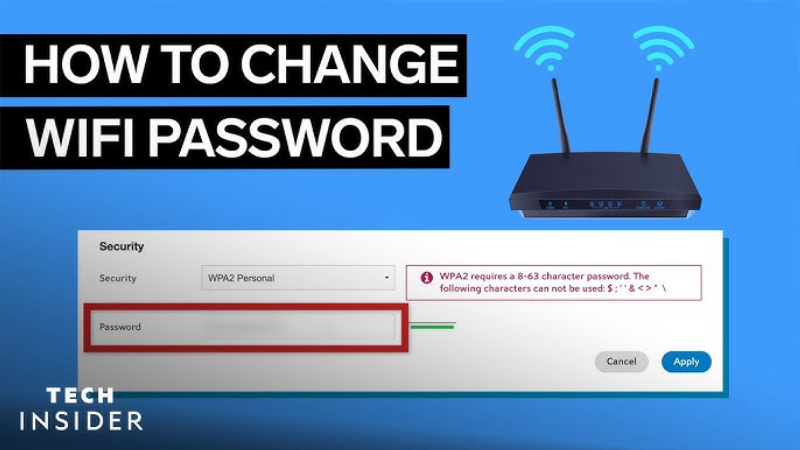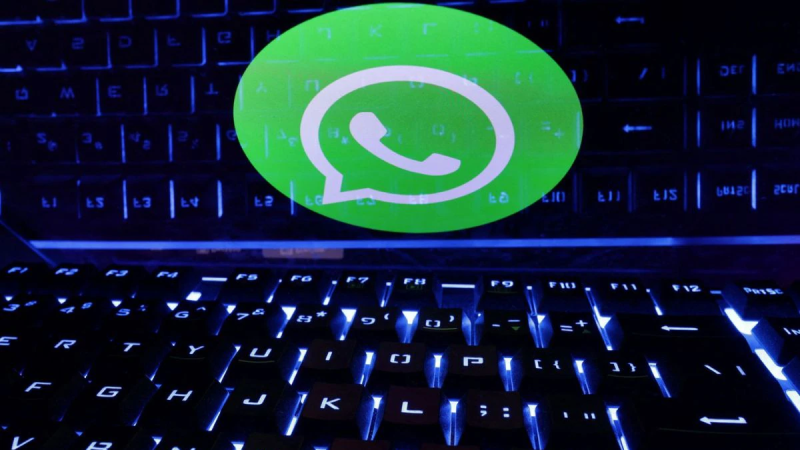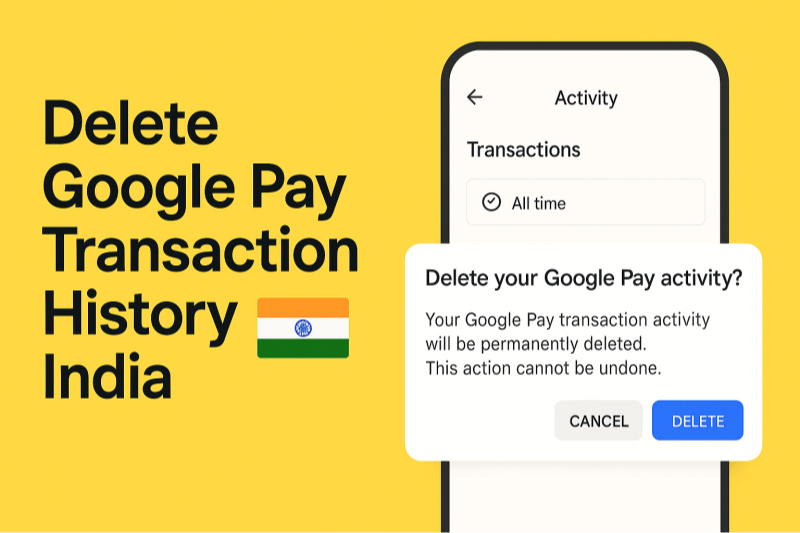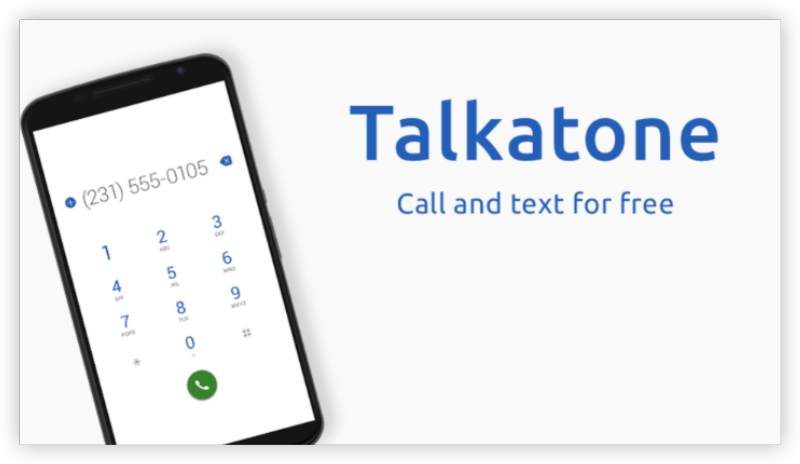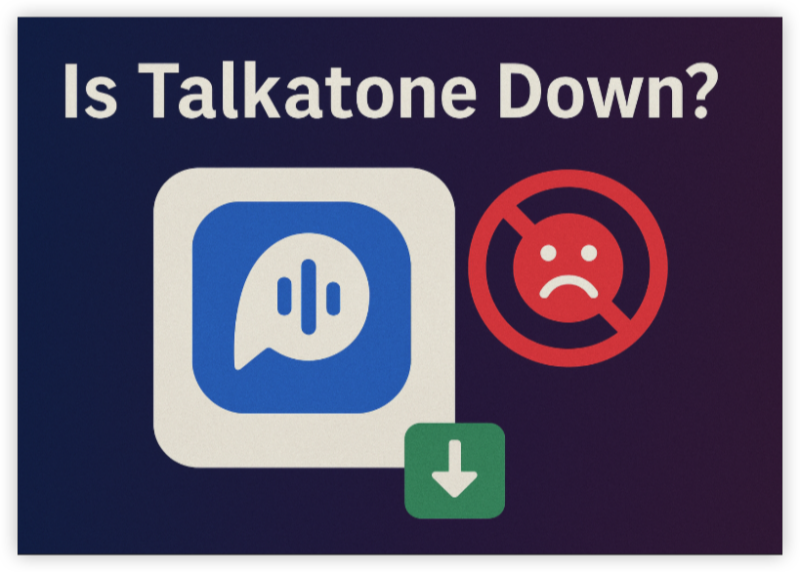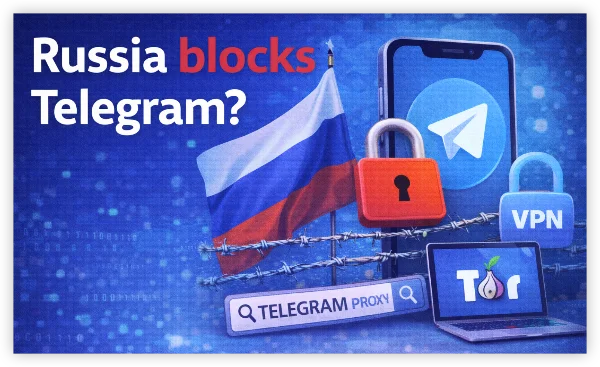What is Network Jitter?
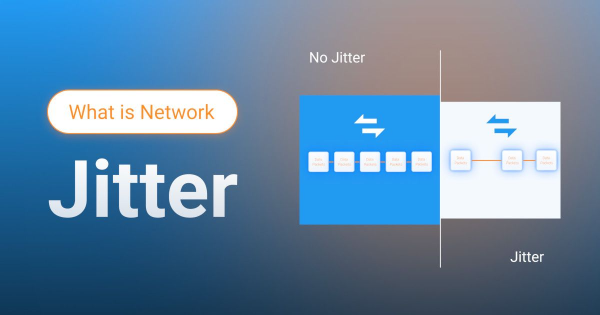
Network jitter refers to the variation in the delay of data packets as they travel across a network. It occurs when the time it takes for data packets to arrive at their destination is inconsistent, causing interruptions, lag, or poor-quality real-time services such as video streaming, online gaming, and VoIP (Voice over Internet Protocol). This delay often results from network congestion, packet loss, or varying paths taken by data packets during transmission.
In simple terms, jitter is like a traffic jam on the internet that affects the smooth delivery of your data.
How Does Network Jitter Affect Your Internet Experience?
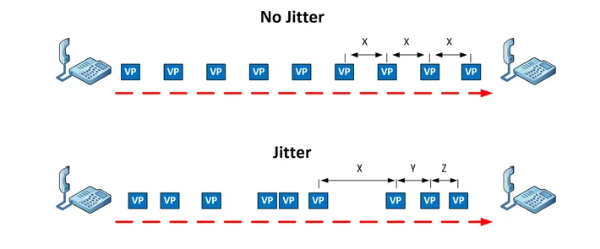
Network jitter can impact several activities that require real-time communication or streaming. Some of the most common problems caused by jitter include:
-
Video Streaming Delays: If you are watching a movie or a live stream, jitter can cause the video to freeze or buffer frequently.
-
Audio/Video Call Interruptions: When making VoIP calls or participating in video conferences, jitter can result in choppy audio or delayed video, making communication difficult.
-
Online Gaming Lag: For gamers, jitter can cause delays in action, leading to a frustrating experience where your actions in the game are delayed, causing you to lose out in fast-paced scenarios.
The Causes of Network Jitter
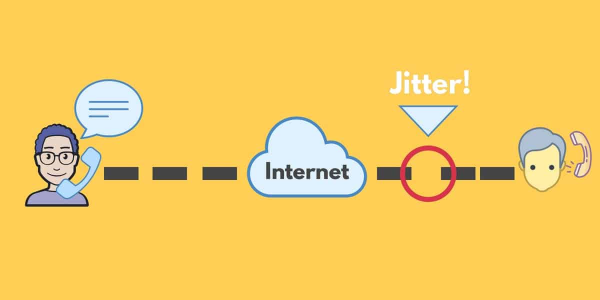
Network jitter doesn’t just happen for no reason; several factors contribute to this disruption. Understanding these causes can help you take appropriate measures to mitigate it.
1. Network Congestion
One of the primary causes of jitter is network congestion. When too many devices are using the same network bandwidth at once, it can slow down the delivery of data packets. This results in delays and inconsistent packet delivery, leading to jitter.
2. Packet Loss
When data packets fail to reach their destination due to network issues, it results in packet loss. As packets are lost, the data stream becomes incomplete, causing jitter and interruptions. Packet loss can be caused by faulty network equipment, bad cables, or poor wireless signal strength.
3. Poor Internet Speed
Slow internet speeds are often linked with jitter. When your internet connection is not fast enough to handle the amount of data being transmitted, it can lead to delays in packet arrival and cause jitter. This is particularly common in areas with insufficient broadband infrastructure.
4. Unstable Network Paths
The data packets transmitted across the internet take multiple paths through servers, routers, and other network devices. If these paths are unstable, the packets may arrive at different times, contributing to jitter. Unstable connections due to poor routing or insufficient network infrastructure can exacerbate this issue.
How VPN Can Help Fix Network Jitter
A free proxy VPN in UFO VPN can help stabilize your connection and mitigate the effects of jitter in a few key ways:
-
BYPASS Network Congestion: UFO VPN routes your internet traffic through a secure, stable server, bypassing congested local networks. This can result in a smoother connection, reducing jitter.
-
Improved Routing: UFO VPN helps improve the path that your data packets take, reducing delays and preventing jitter caused by network instability.
-
Encrypted Traffic: By encrypting your internet traffic, UFO VPN prevents interference from unauthorized sources, ensuring that your data reaches its destination securely and without interruption.
💛Starting with UFO VPN in 4 Steps💛
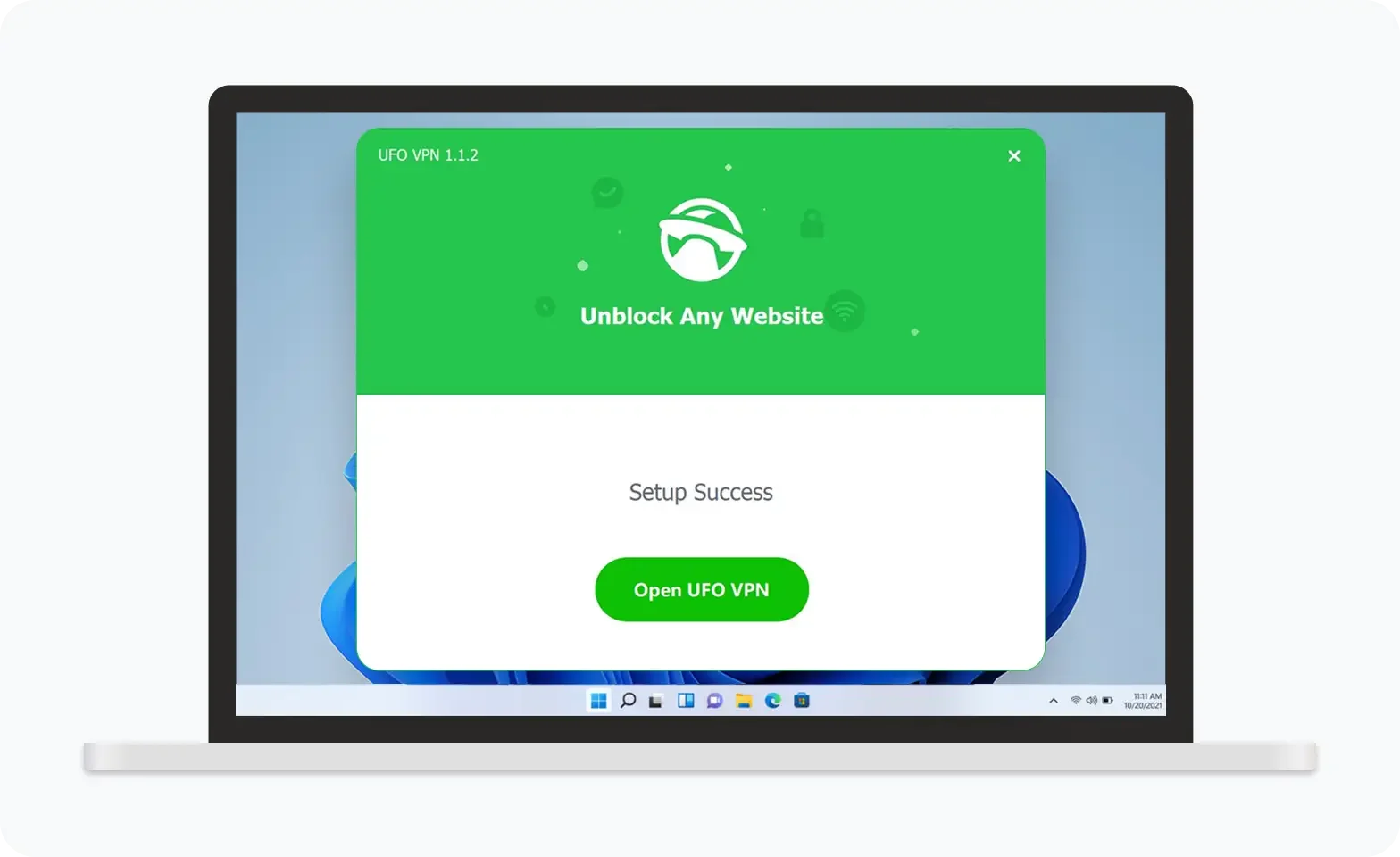
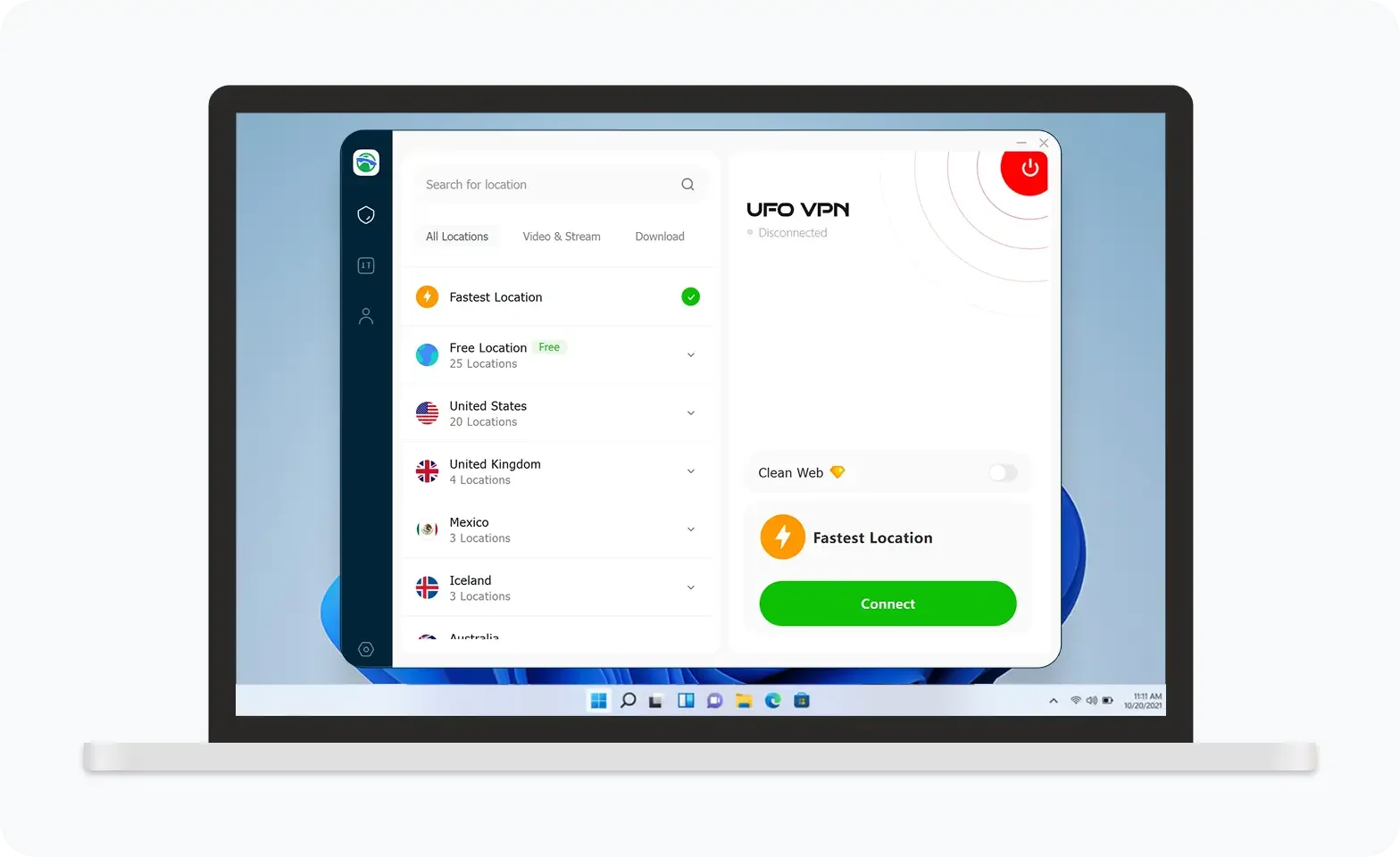
UFO VPN is an all-in-one VPN that offers unlimited access to 4D streaming like Netlfix, Disney Plus, no-ping gaming as PUBG, Roblox, CODM and social networking for YouTube, X, Facebook and more.
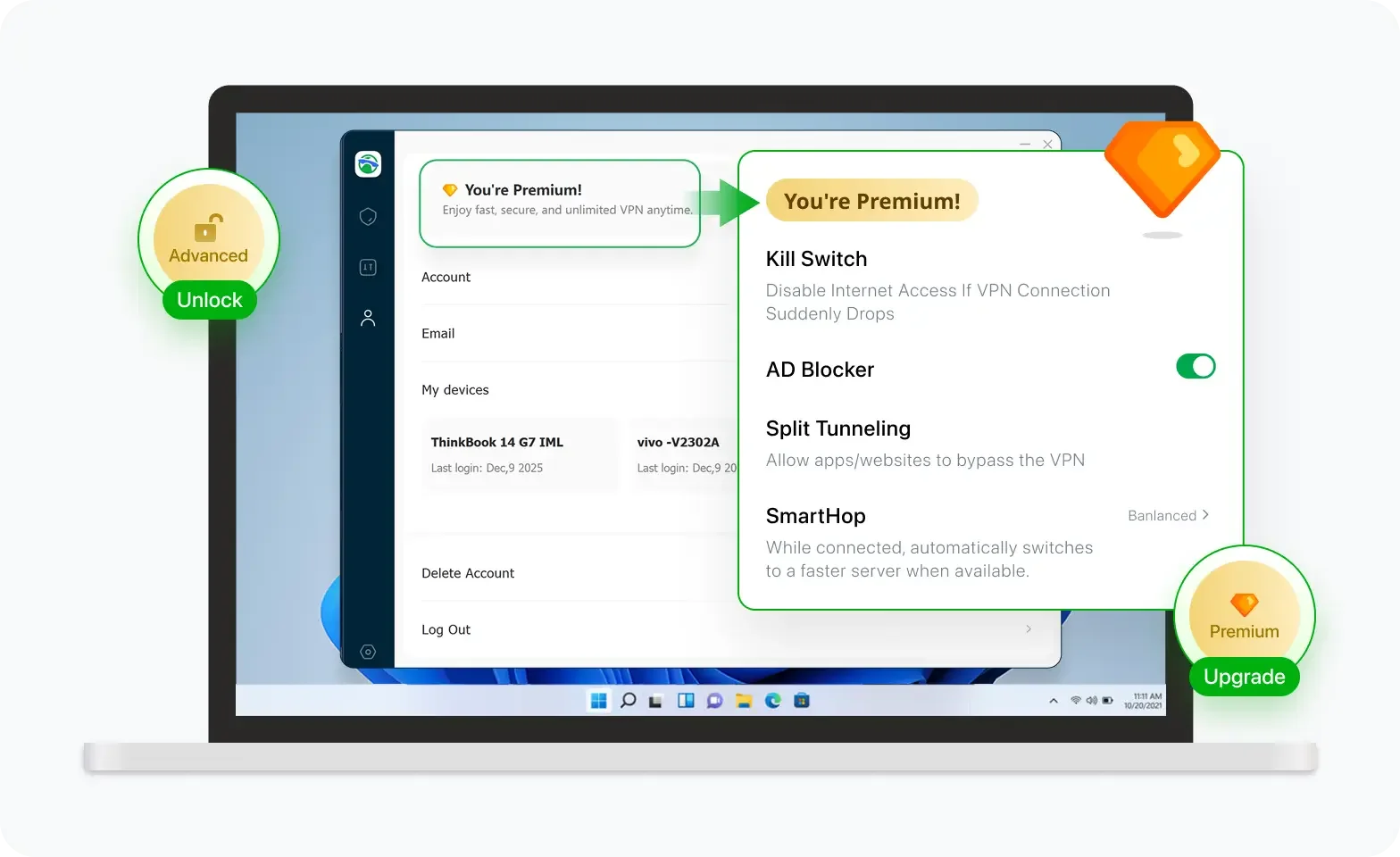
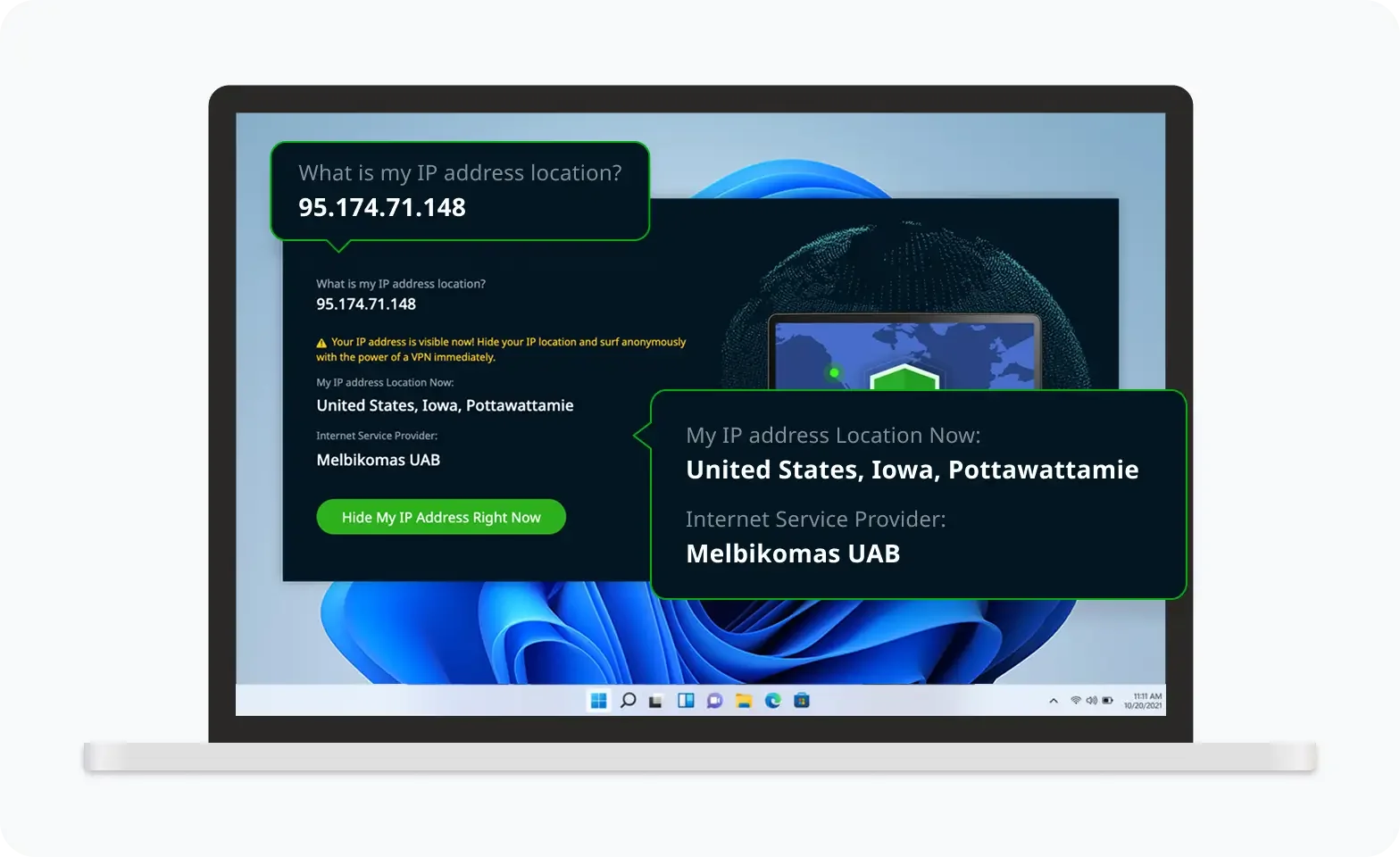
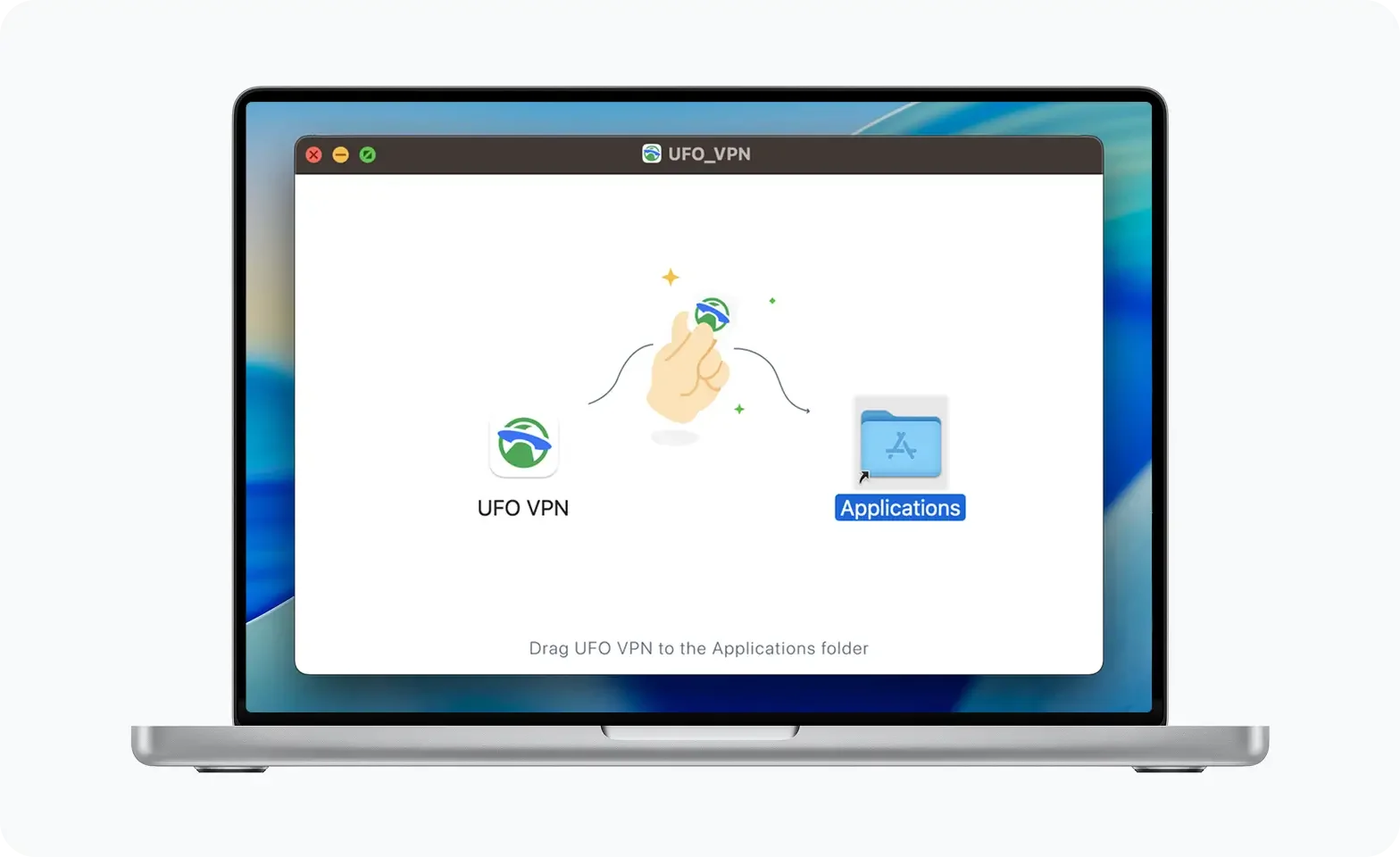
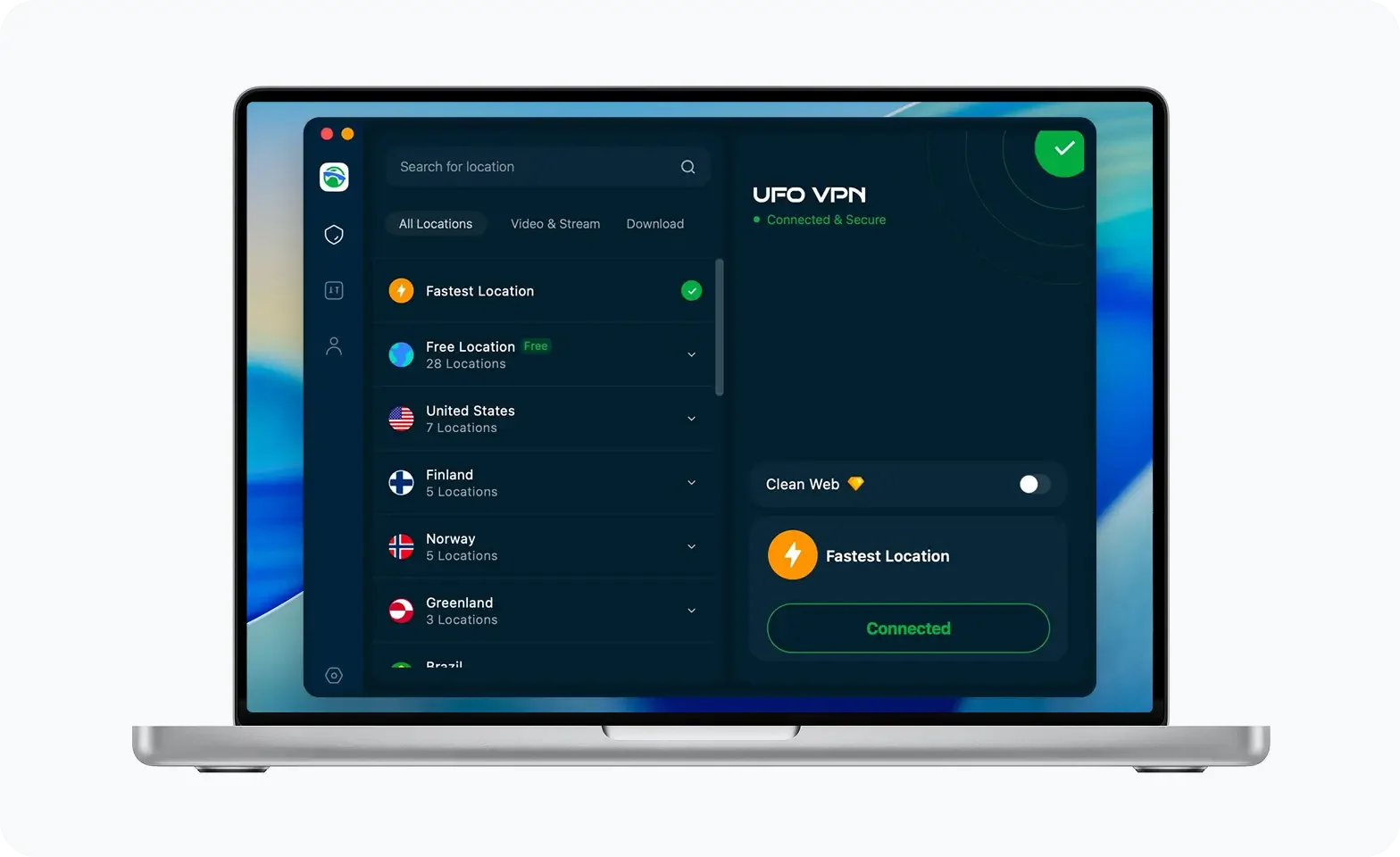
Unlock Pro Features
If you have upgraded to premium plan , feel free to enjoy premium servers for 4K streaming and advanced features like Kill Switch, Split Tunneling, and gaming acceleration. Your Mac is now fully optimized and protected. Inaddition to basic functions, we recommend you turn on

Verify Your IP Now
Use UFO VPN's " What is My IP " feature to see your new IP and location. This confirms your connection is secure, anonymous, and ready for safe browsing online anywhere at any time.

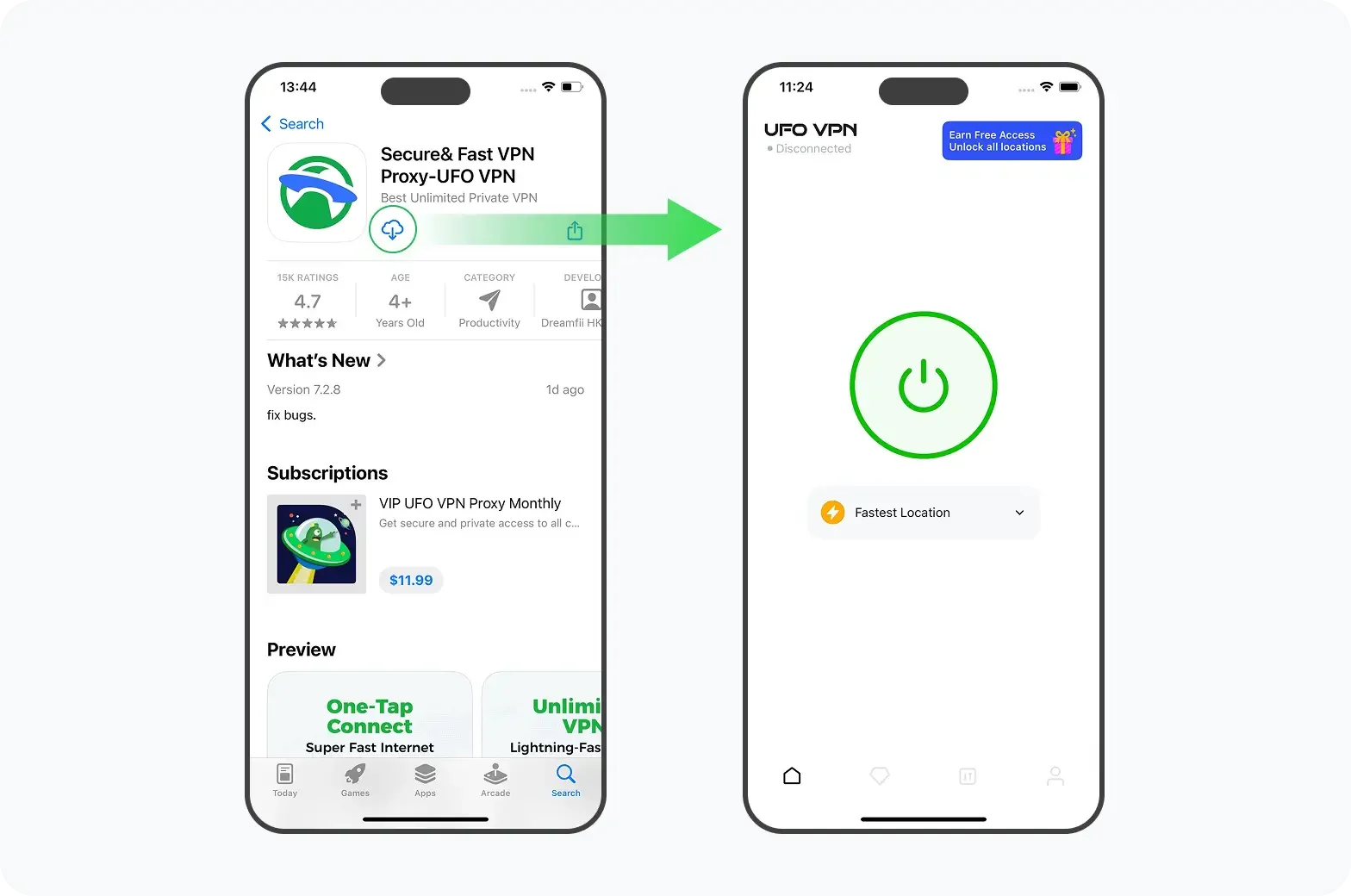
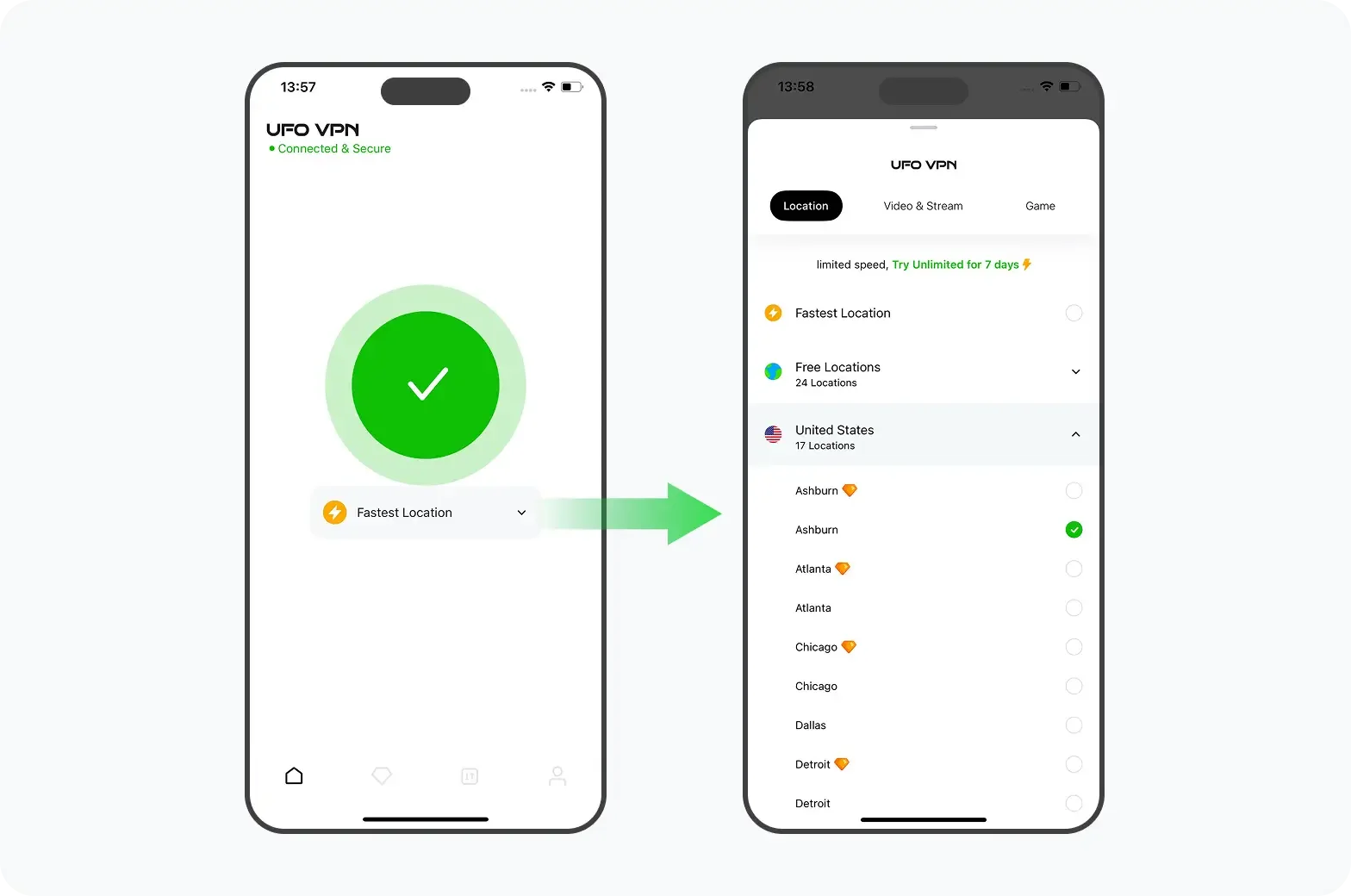
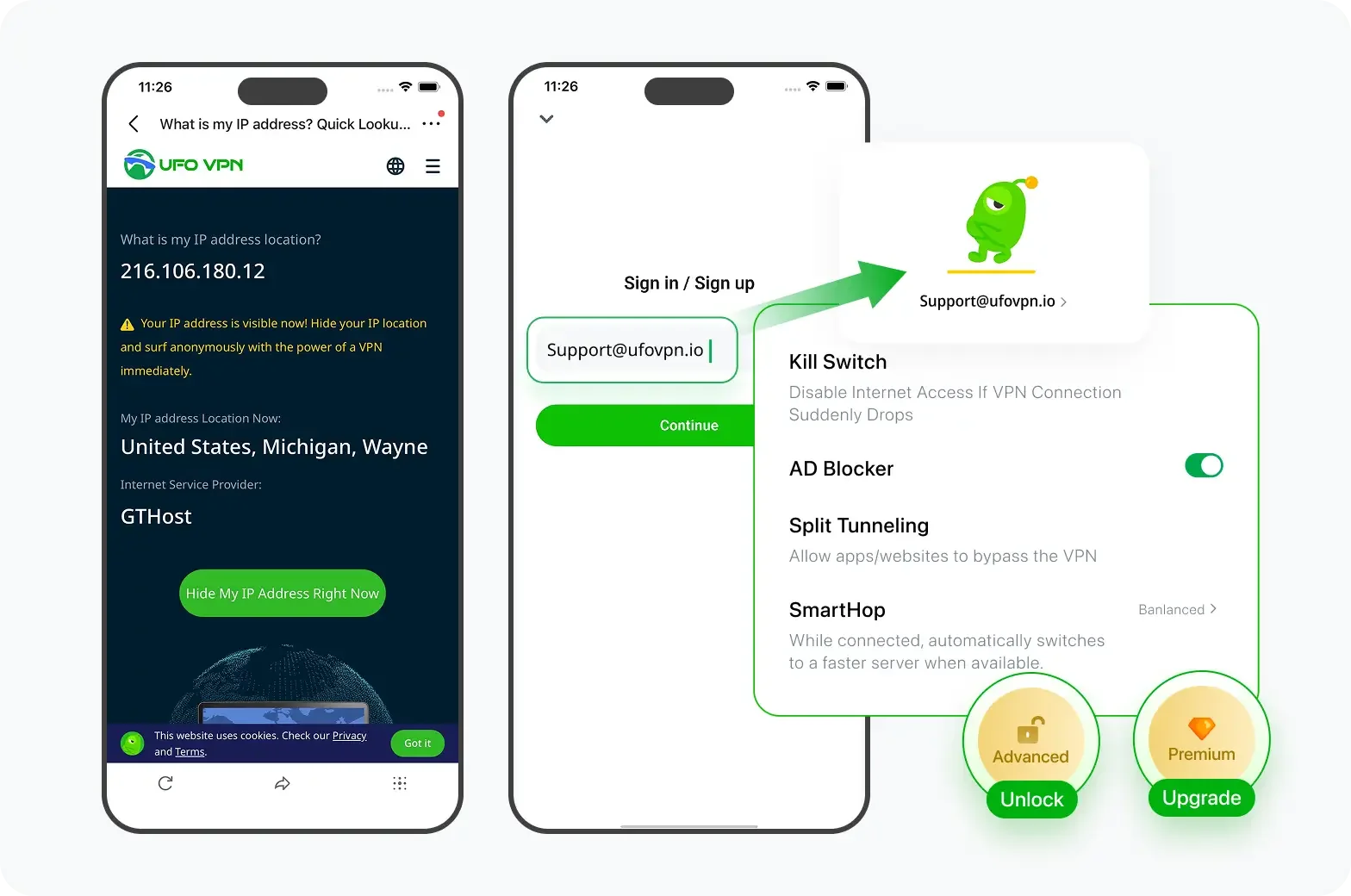
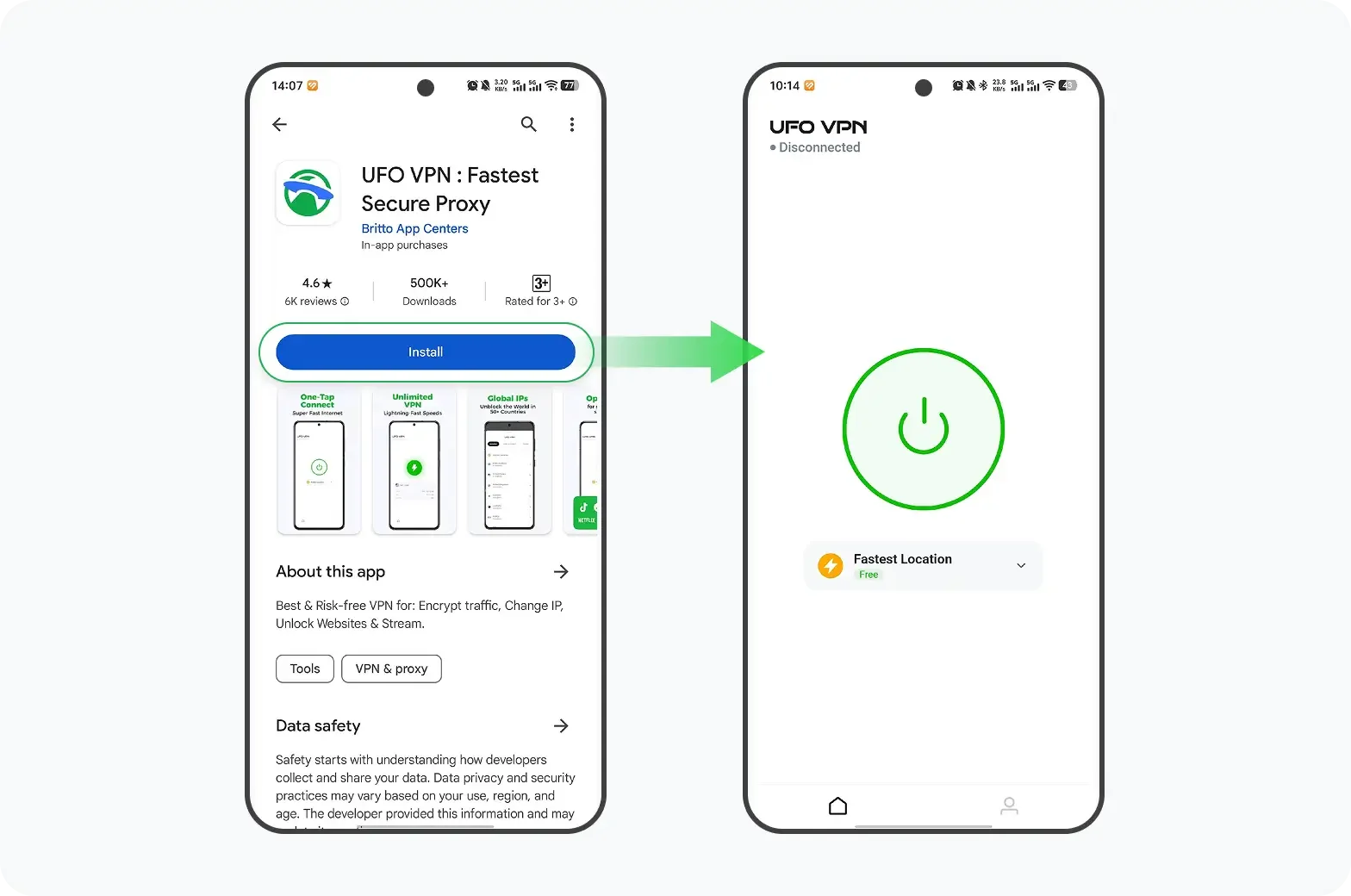
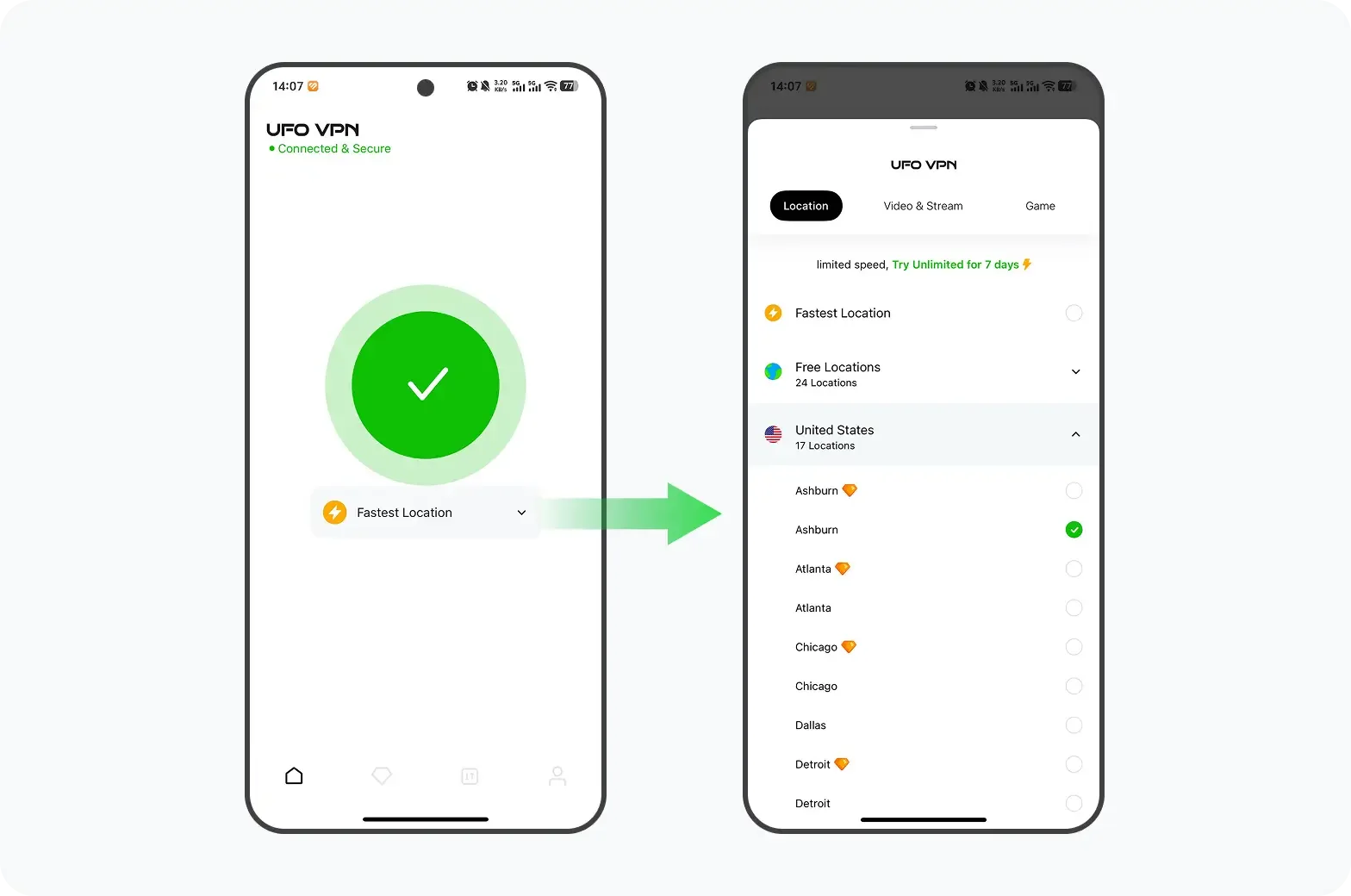
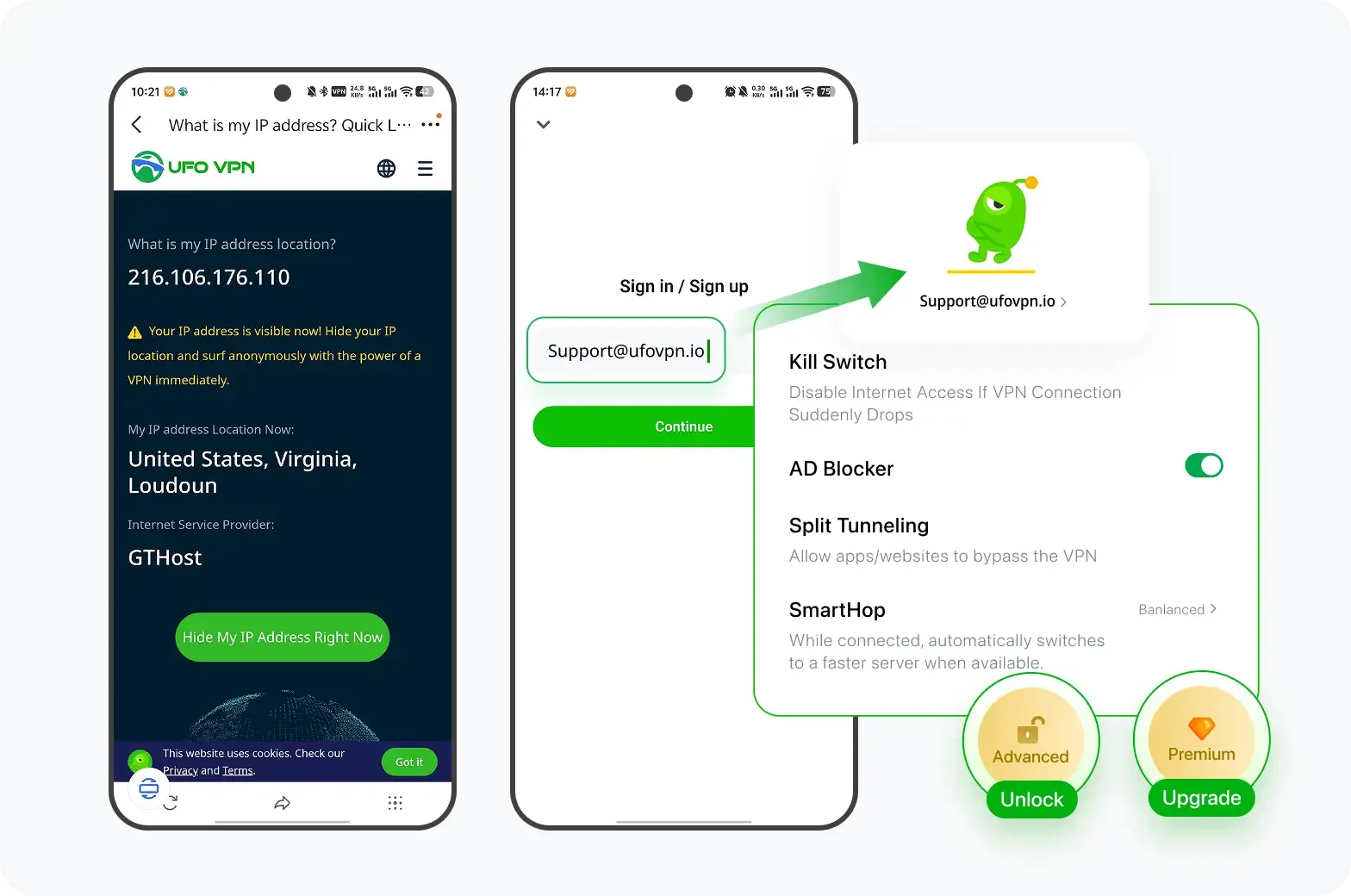
How to Fix Network Jitter: Solutions and Tips
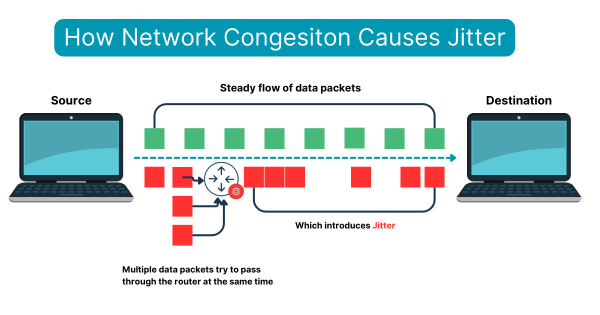
There are several strategies you can employ to fix and reduce network jitter:
1. Use a Wired Connection
Wi-Fi connections are prone to fluctuations and interference. For the most stable connection, consider using an Ethernet cable to connect your device directly to the router. This will reduce interference and minimize jitter caused by weak signals.
2. Increase Your Internet Speed
If your internet speed is insufficient, jitter is likely to occur. Contact your ISP (Internet Service Provider) to upgrade your plan to a higher speed or consider switching to a more reliable service.
3. Use Quality of Service (QoS) Settings
Many routers offer QoS settings that allow you to prioritize specific types of traffic. By prioritizing real-time activities like gaming or video conferencing, you can reduce jitter and ensure that time-sensitive data is delivered first.
4. Optimize Your Router’s Settings
Updating your router’s firmware and configuring its settings for better performance can help reduce jitter. Make sure your router is positioned in an optimal location, away from interference such as walls or electronic devices.
5. Use a VPN for Stability
Using a VPN like UFO VPN can help improve the consistency of your internet connection, particularly if you are experiencing jitter due to network congestion or poor routing. UFO VPN ensures that your data follows a stable path, reducing delays and improving overall performance.
FAQs
How do I keep my Android screen unlocked?
If you notice delayed video or audio during calls, buffering while streaming, or lag during online gaming, you may be experiencing network jitter. You can also use online tools to test for jitter and latency issues.
Can a VPN fix jitter?
Yes, a VPN like UFO VPN can help reduce jitter by bypassing congested networks and ensuring a more stable data path. It also encrypts your traffic, ensuring a smoother connection.
What is the best way to fix network jitter?
The best solutions for jitter include using a wired connection, increasing internet speed, optimizing your router’s settings, and using a stable VPN like UFO VPN to bypass network congestion.
Does jitter affect all internet activities?
Jitter mostly affects real-time applications such as video streaming, online gaming, and VoIP calls. It can lead to poor-quality experiences in these activities, but does not generally impact regular browsing.

